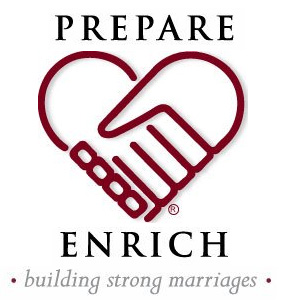Views: 63
Some conflicts become heated as levels of anger and frustration rise. Rather than speaking assertively, partners begin to accuse, criticize, or yell. Rather than listening actively, partners interrupt, belittle, and ignore.
Physiologically, the “fight or flight” response is triggered as each person goes into a protection mode with little or no regard for their partner. In this state of escalation, it is not uncommon to say or do things we later regret. Moreover, it is nearly impossible to have a productive conversation leading to a mutually agreed upon resolution.
This is when a “time-out” can be beneficial.
A time-out provides couples with an opportunity to cool down, identify their feelings and needs, and begin to think productively again about how to approach the issues they face.
1. RECOGNIZE YOUR NEED FOR A TIME-OUT Are your fists clenched? Is your face red? Are you breathing fast? Are the tears streaming down your face? Do you feel like screaming or throwing something? Are you afraid of your partner’s intensity Do you feel emotionally closed off?
- Learn to recognize the signs that things have become too intense for you to have a productive interaction with your partner.
- What physical and emotional reactions indicate you need a time-out?
2. REQUEST THE TIME-OUT: Call a time-out for yourself by saying something like “I’m just too angry to talk right now; I need to take a time-out. Please give me an hour to calm down and gather my thoughts.”
- Remember to call the time-out for yourself. It is seldom helpful to tell the other person “You need a time-out!”
- Suggest a time when you think you’ll be ready to resume.
3. RELAX AND CALM DOWN: Take some deep breaths. Go for a jog. Take a walk or a bath. Write in your journal. Read, pray, or watch television for a while.
- Do something that will help you relax and recover from the emotional intensity.
- What method(s) could you use to calm down?
4. REMEMBER WHAT’S IMPORTANT: Try to identify what you were thinking and feeling that became so difficult to discuss.
- Think about “I” messages you could use to tell your partner what you were thinking or feeling, and what you need from him/her.
- Try to spend some quiet time considering your partner’s point of view and what they are feeling.
- Remember the two of you are a team, and the only way your relationship will “win” is if you work toward a solution that both individuals can feel good about.
5. RESUME THE CONVERSATION: Bring in the skills of Assertiveness and Active Listening and/or the Ten Steps for Conflict Resolution. These structured skills can help contain the intensity as you attempt to resolve a conflict. Honor your commitment to return to the issue when you are ready to have a more productive conversation.
More tips and reminders, tune in next week…
PREPARE/ENRICH is a customized online assessment tool that identifies each couples unique strength and growth areas.
Based on their assessment results, a facilitator provides feedback sessions, helping couples to discuss and understand their results while teaching them proven relationship skills.
Contact me for more information on how your relationship can be assessed.











